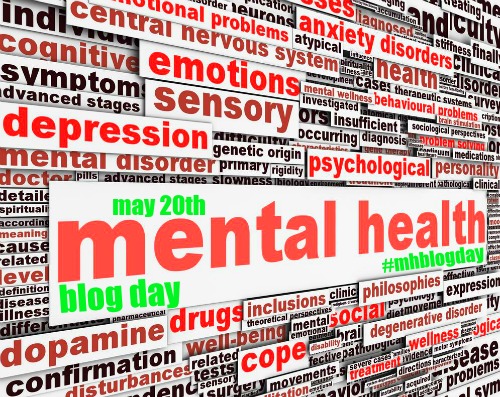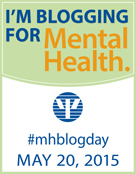19
Feb
2018
2018
My Child Plays Sports
by Dr. Deena Abbe, Ph.D.
I woke up last night in the middle of a panic attack. It’s not the first time, either. Heart pounding, sweating, mind racing. I have two son who are competitive gymnasts. We travel all over for meets. Both go to the same gym but compete at different levels.
My younger son enjoys the comradery, but he’d much rather sing, ride his bike around the neighborhood, and hang out with his friends. For some kids, being part of a team is about learning to lose gracefully and putting effort and pride into everything they do. And that’s such an important lesson. My older son, however, lives and breathes gymnastics. This is what he wants to do. He has big dreams and plans, and works hours a day on achieving his goals.
I’ve read a lot of blogs. They all say, “You are doing a good thing; you’re teaching them about perseverance and how to lose gracefully”. Occasionally, people will recognize the time, money, and energy parents put into their children’s sports. Sometimes this is to fulfill the parents’ desires for greatness through their kids. Sometimes it’s the athletes drive and motivation.
My sons call me a “gymnastics mom”. They make fun of me when I remind them to point their toes or get out of their heads and into the back tuck. Which brings me back to my panic attack. Am I pushing too hard? Am I giving him my all so they can give theirs? Should I leave it alone? Most of all, am I the cause of their stress or lack of effort? How do I stop getting tense in the middle of the night, meet, or practice?
As anyone who’s ever experienced a panic attack knows, they aren’t so easy to stop. And one leads into another into the next. In the moment it’s hard to remember to breath, unclench your jaw, or count backwards from 10,000. Sometimes a podcast helps as a distraction; meditation to remind me to get into my breath and get out of my thoughts. It’s hardest to remember not to try too hard. Just to let it go. And that’s the best thing I can for my kids: to learn to chill, take it as it comes, accept what is and trust in myself as a parent, as a chauffeur, as a psychologist, and as a back-seat coach and cheering squad.
It’s hard not to take their scores and effort, or lack thereof, personally; to equate my blood, sweat, and tears with how they perform, or don’t. And I guess that the point. My sons’ gymnastics (or any other) experiences aren’t in my control. The decisions I make for them, and the emotions and drive I try to instill are done in good faith, with love and knowledge. And that’s where it must end: faith in myself and faith in my kids. I can only do so much. And I have to be ok with that, and let the rest be.


 Today is Mental Health Blog Day and I remember when my son was first officially diagnosed with ADHD, he was about 6 years old. Kindergarten. Hmm…. How to explain to him, “Yeah! You were diagnosed with a neurological disorder that makes you move, and fidget, and call out, and have some social issues with your peers!” No matter how smart he was, that wouldn’t go over well.
So I started thinking; in life, everyone has something. Some people are good at sports, but not a reading. Some people have difficulty letting go of their blankie. Sometimes, people’s strengths and weaknesses don’t have a name: they are just a group of behaviors, while sometimes if we’re lucky, those groups of behaviors have a label. That’s good; in many cases that means that there are many other people who also have those behaviors and we may know how to help. Many times, when we give something a label or a name, it means that it’s real. It validates the experience. So that’s what I did for my son. What’s good about this approach is that it normalizes the experience for kids. It also gives parents much needed perspective. ADHD isn’t a bad thing. It’s just a thing…and everyone has to deal with something. Feel free to read more of my blog posts here:
Today is Mental Health Blog Day and I remember when my son was first officially diagnosed with ADHD, he was about 6 years old. Kindergarten. Hmm…. How to explain to him, “Yeah! You were diagnosed with a neurological disorder that makes you move, and fidget, and call out, and have some social issues with your peers!” No matter how smart he was, that wouldn’t go over well.
So I started thinking; in life, everyone has something. Some people are good at sports, but not a reading. Some people have difficulty letting go of their blankie. Sometimes, people’s strengths and weaknesses don’t have a name: they are just a group of behaviors, while sometimes if we’re lucky, those groups of behaviors have a label. That’s good; in many cases that means that there are many other people who also have those behaviors and we may know how to help. Many times, when we give something a label or a name, it means that it’s real. It validates the experience. So that’s what I did for my son. What’s good about this approach is that it normalizes the experience for kids. It also gives parents much needed perspective. ADHD isn’t a bad thing. It’s just a thing…and everyone has to deal with something. Feel free to read more of my blog posts here: 